Common San Mateo Water Heater Myths:
What You Need to Know
In our comprehensive guide, we debunk common water heater myths to provide you with accurate information and clear up any confusion.

Myth #1: They last forever
Fact: Water heaters have a finite lifespan, typically ranging from 8 to 15 years, depending on the type and maintenance. Over time, wear and tear can lead to decreased efficiency and potential issues, necessitating replacement or repairs. Regular maintenance can help extend their life, but they do not last forever.


Myth #2: All water heaters are the same
Fact: Water heaters come in various types, including tank-style, tankless, heat pump, solar, and condensing models. Each type has distinct features, energy efficiency, capacity, and installation requirements. Choosing the right water heater for your home depends on your hot water needs, available space, and energy preferences. It's essential to consider these factors to select the most suitable water heater for your specific requirements.

Myth #3: A bigger tank means more hot water
Fact: While it may seem logical that a larger tank would provide more hot water, it doesn't necessarily mean an endless supply. The hot water capacity of a tank is determined by its size and the rate at which it can heat water. If the tank is too big for your household's hot water demands, you may end up wasting energy and money heating water that you don't use. It's crucial to choose a water heater with the right tank size that matches your family's hot water needs to ensure efficiency and cost-effectiveness.


Myth #4: You can repair or replace a hot water heater yourself
Fact: While some minor maintenance tasks like flushing the tank or checking pressure relief valves can be done by homeowners, significant repairs or water heater replacements should be handled by licensed professionals. Water heaters involve electrical and gas connections, and improper handling can lead to safety hazards, damage, or voiding of warranties. It's best to leave complex repairs and installations to experienced plumbers who have the knowledge and expertise to ensure a safe and efficient outcome. Hiring a professional also guarantees compliance with local building codes and regulations.

Myth #5: Your water heater doesn't need to be flushed
Fact: By flushing the tank periodically, you remove the sediment, allowing the heating element to function optimally and ensuring a steady supply of hot water. Flushing also helps maintain water heater efficiency, reduce energy consumption, and minimize the risk of malfunctions. It is a simple yet effective maintenance step that can significantly contribute to the long-term performance and durability of your water heater. Always consult your water heater's manual or a professional plumber to determine the recommended flushing schedule for your specific unit.


Myth #6: Keeping an outdated water heater saves money
Fact: Keeping an outdated water heater may seem cost-effective initially because you avoid the upfront cost of a replacement. However, older water heaters are typically less energy-efficient, leading to higher utility bills. As they age, their performance declines, resulting in increased energy consumption and decreased hot water output.
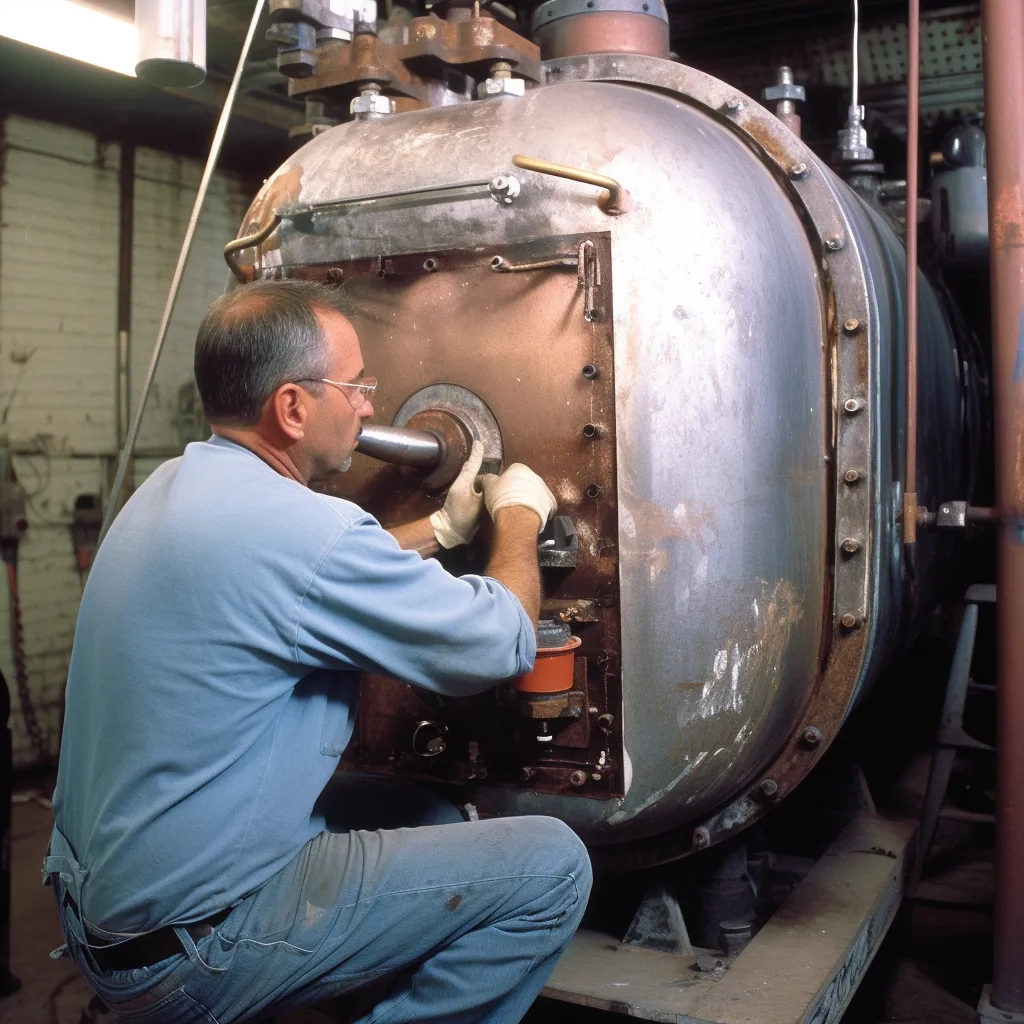
Myth #7: A bigger water tank is more energy efficient
Fact: The size of the water tank does not inherently determine its energy efficiency. In fact, a larger water tank may consume more energy if it holds more water than what your household actually uses. An oversized water tank will require more energy to keep a larger volume of water hot, leading to unnecessary heating costs.
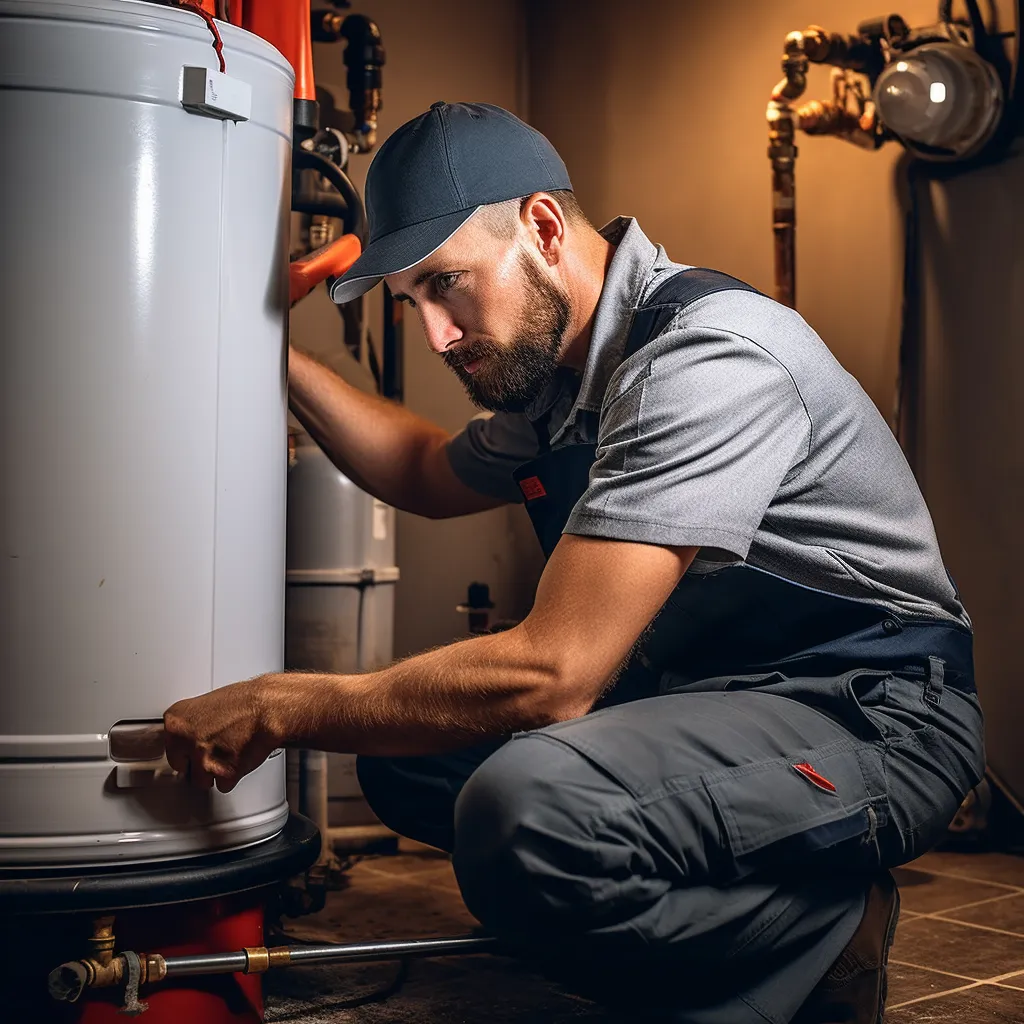
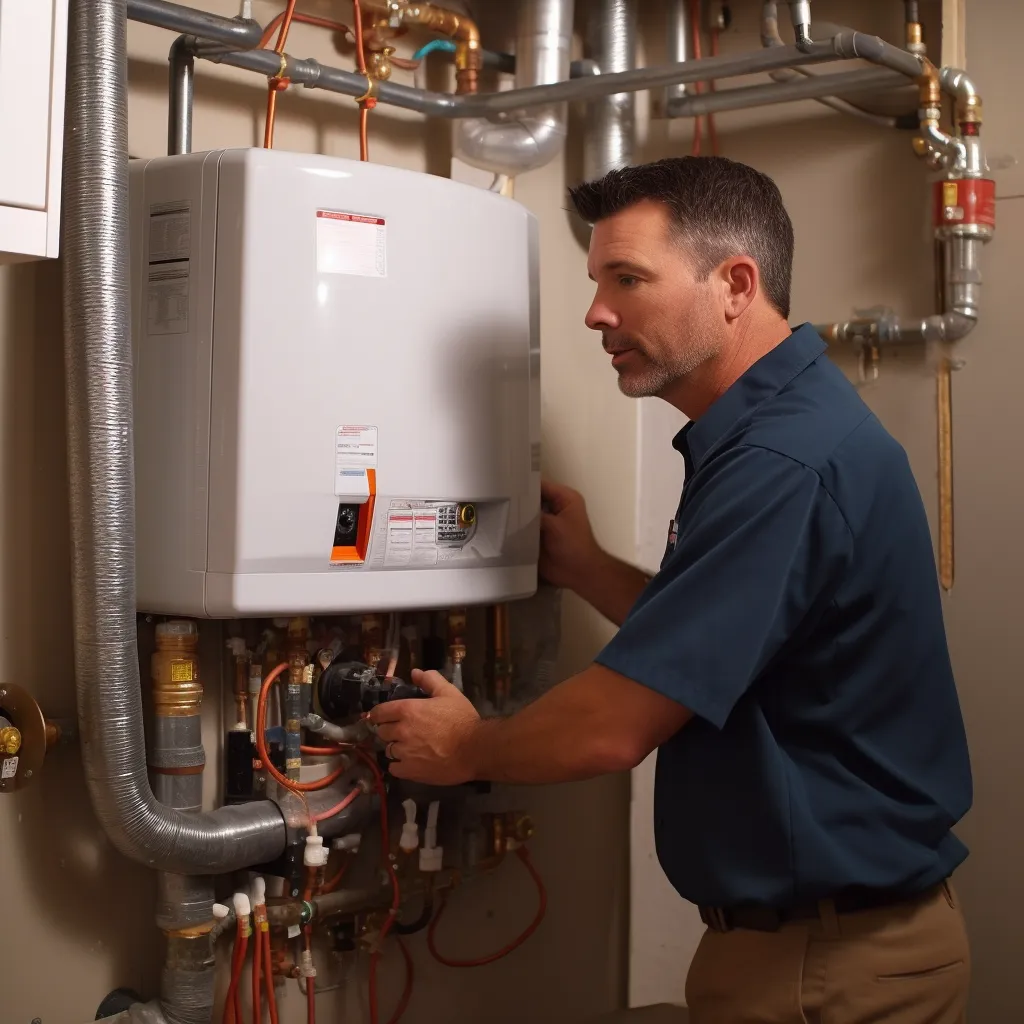
Myth # 8: Cranking up the water temperature is a good idea
Fact: Cranking up the water temperature to its highest setting is not a good idea and can be unsafe. While it may seem like a quick way to ensure hot water, it can lead to several issues.

Myth #9: Setting your water heater to the highest temperature
is the way to go
Fact: Setting your water heater to the highest temperature is not the way to go, and it can have negative consequences. While it might seem like a quick way to get hotter water, it can pose various risks and drawbacks such as scalding or energy waste.

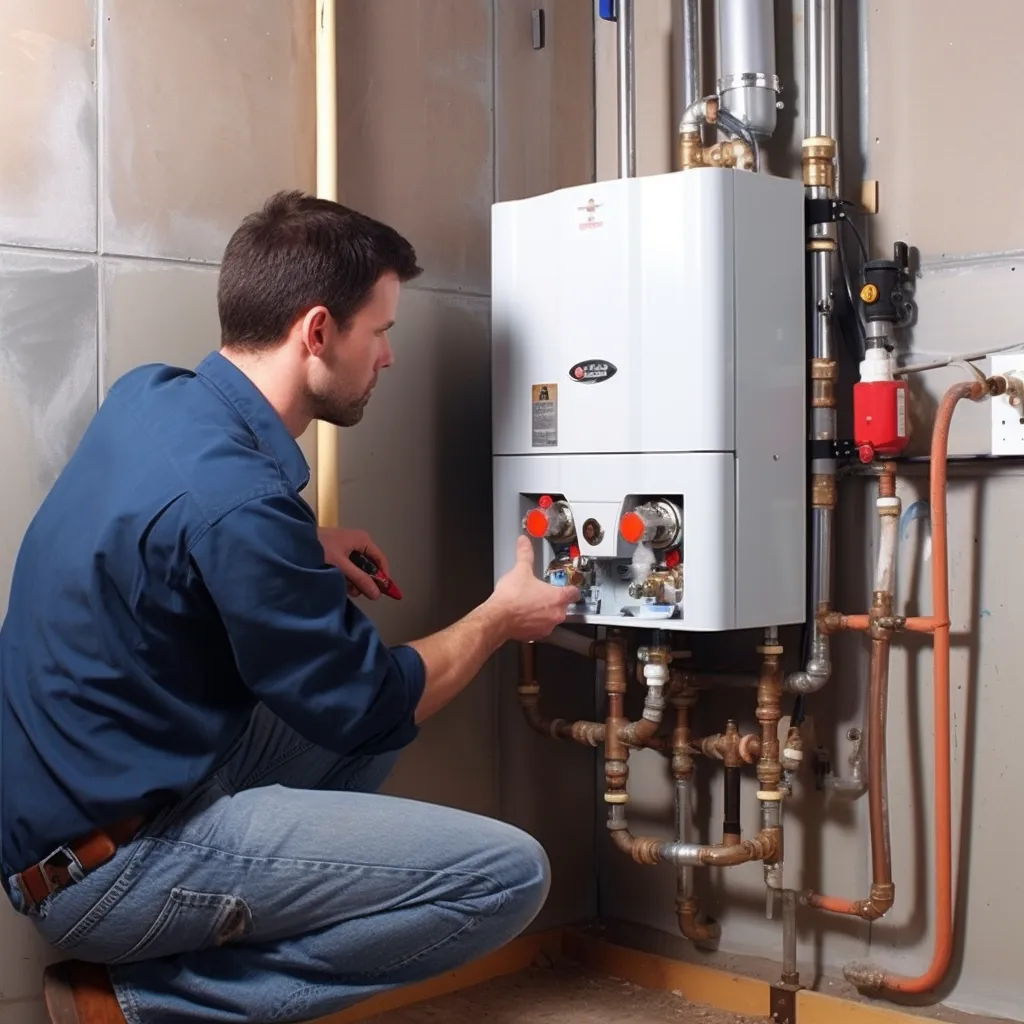
Myth #10: Your water heater wastes energy
Fact: While it is true that water heaters consume energy to heat water, it is not accurate to say that they "waste" energy. Water heaters serve an essential purpose in providing hot water for various household tasks, including bathing, cleaning, and cooking. However, it is essential to use water heaters efficiently to minimize energy consumption and associated costs.

Myth #11: You don't need to regularly maintain
a water heater
Fact: Regular maintenance is essential for a water heater to ensure its optimal performance and longevity. Neglecting maintenance can lead to various issues and reduce the efficiency of the water heater over time.
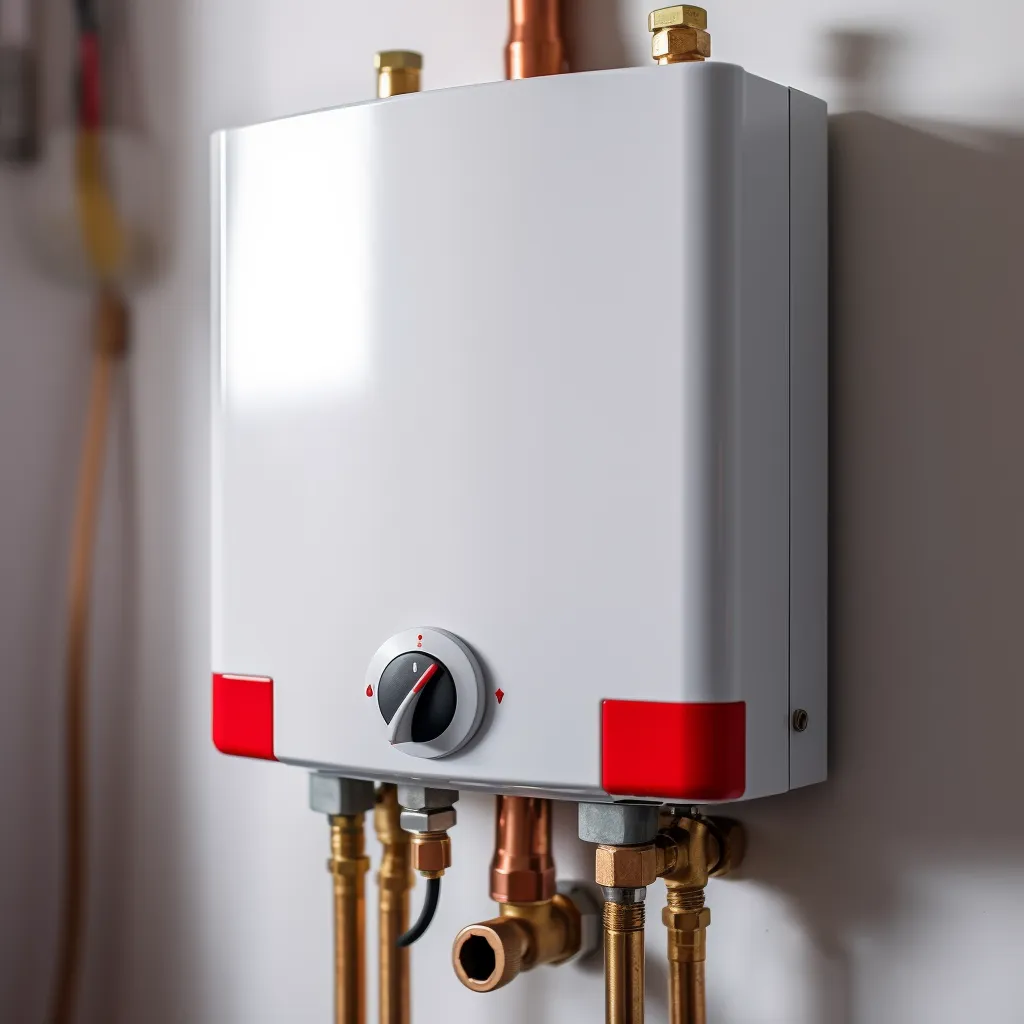

Myth #12: You can use any type of water heater in the home
Fact: While there are various types of water heaters available, not all of them may be suitable for every home. The choice of water heater depends on several factors, including the size of the household, hot water demand, available space, energy source availability, and budget.

Myth #13: Hard water damages your water heater
Fact: This myth holds some truth. Hard water can indeed have negative effects on your water heater over time, but the extent of the damage depends on the water's hardness level and the type of water heater you have.

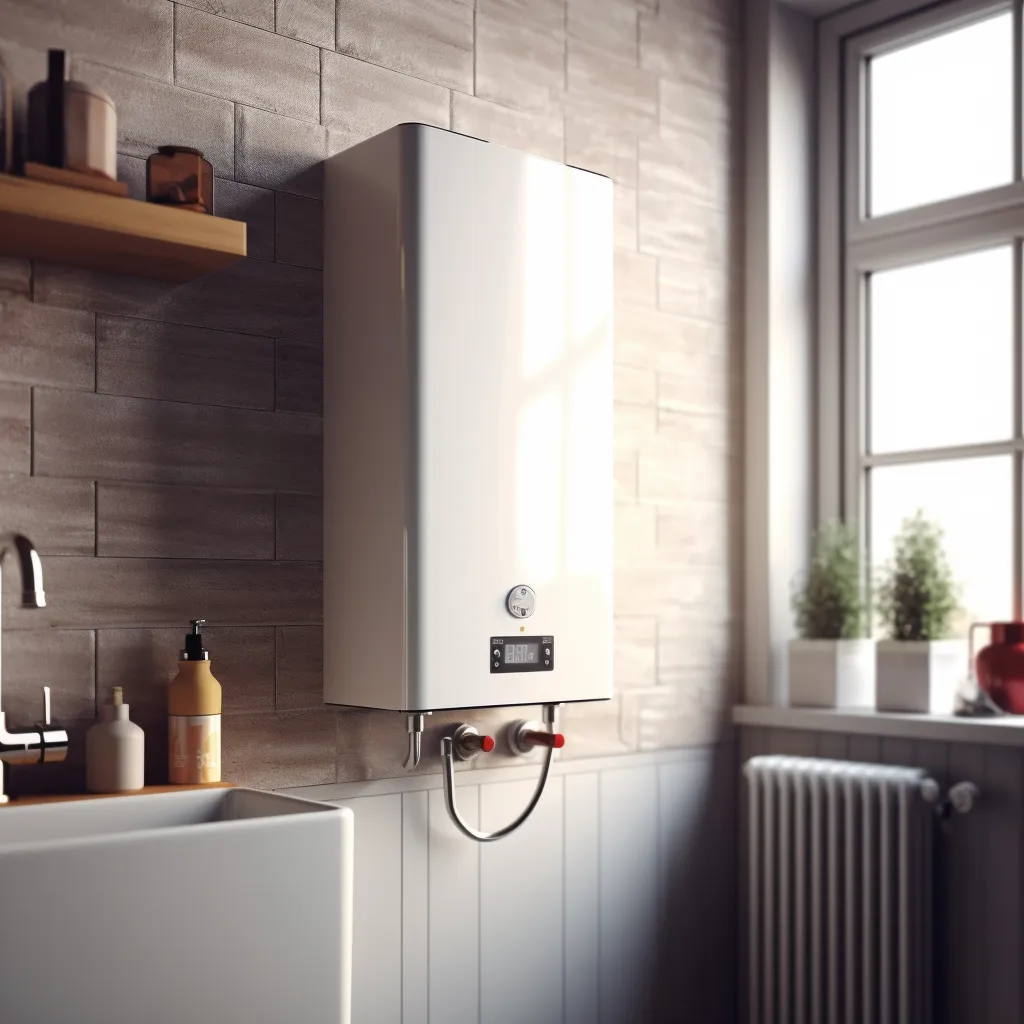
Myth #14: Tankless water heaters are more costly
Fact: The perception that tankless water heaters are more costly is a myth, and the reality is more nuanced. While tankless water heaters generally have a higher upfront cost compared to traditional storage tank water heaters, they can provide cost savings over the long term.
Contact Us
GET IN FULL TOUCH
PHONE: (650) 337-0872
EMAIL:
ifran@waterheatersinsanmateo.com
All Pro Plumbing and Rooter
San Mateo, CA 94401
